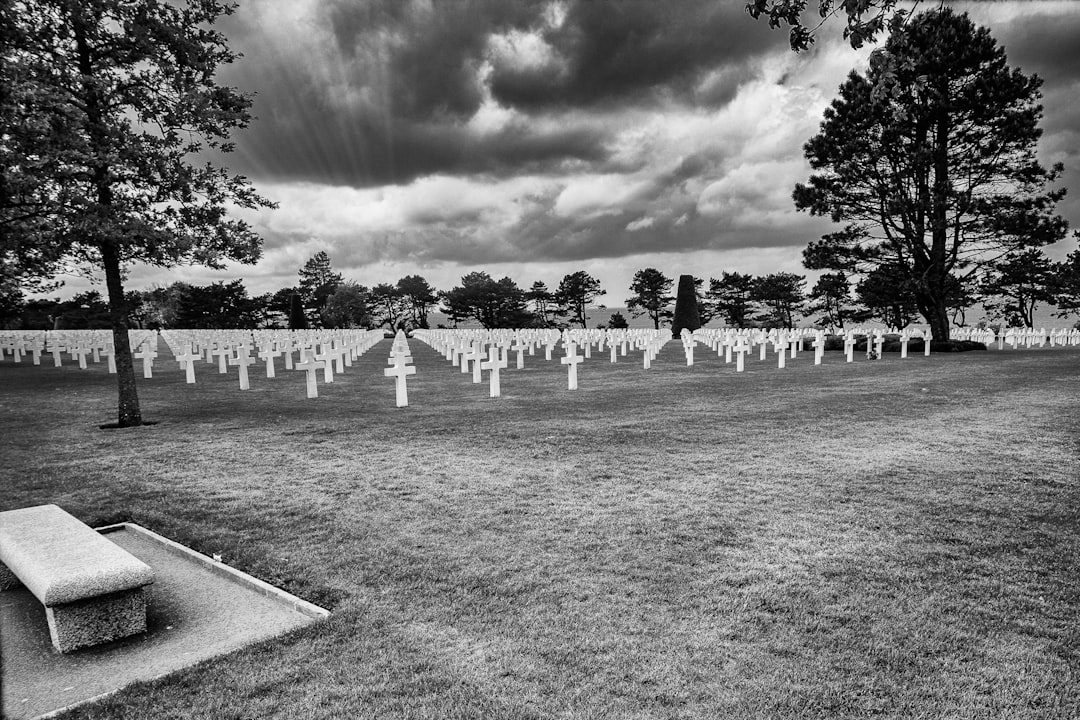Memorial Day Reflections
Remembering the courage and complexity that secured peace in WWII

This is a somber Memorial Day, in the wake of multiple horrific mass shootings, when America seems to be fighting an undeclared civil war and Russia seems intent on declaring WWIII. In this moment, I would like to suggest we pause and consider what it takes to actually win a war. The human sacrifices. The heroic courage a…
Keep reading with a 7-day free trial
Subscribe to Aimee Liu's MFA Lore to keep reading this post and get 7 days of free access to the full post archives.



